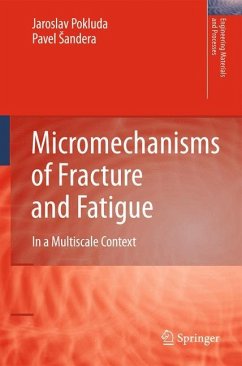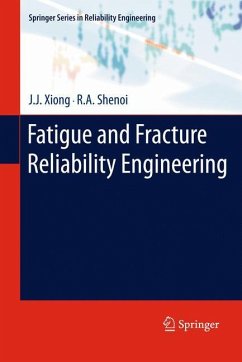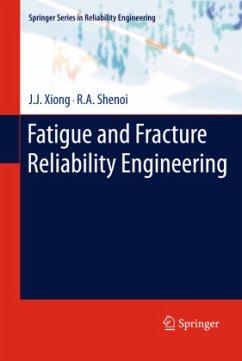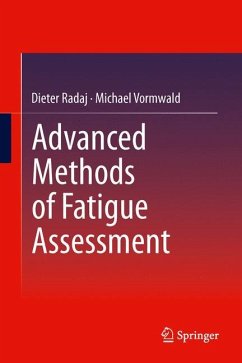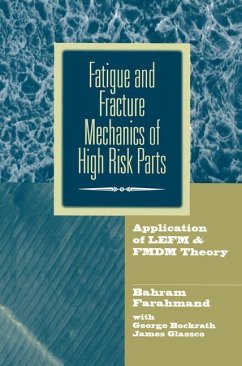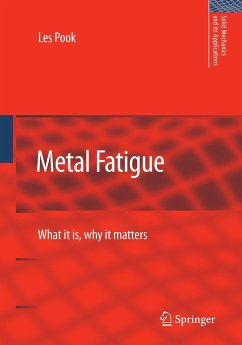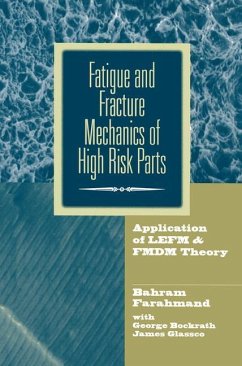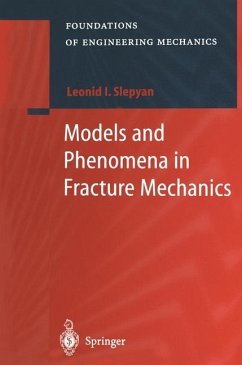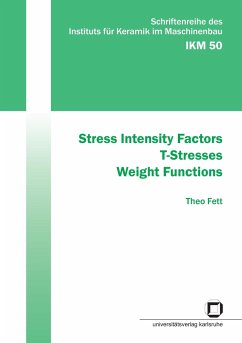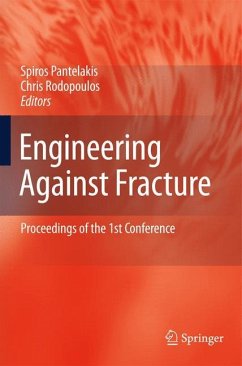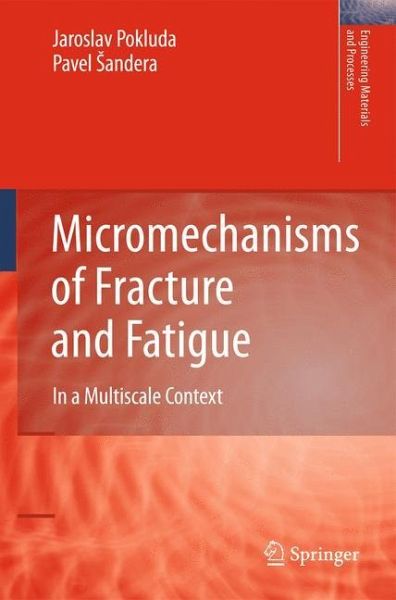
Micromechanisms of Fracture and Fatigue
In a Multi-scale Context
Versandkostenfrei!
Versandfertig in 6-10 Tagen
151,99 €
inkl. MwSt.
Weitere Ausgaben:

PAYBACK Punkte
76 °P sammeln!
Micromechanisms of Fracture and Fatigue forms the culmination of 20 years of research in the field of fatigue and fracture. It discusses a range of topics and comments on the state of the art for each.The first part is devoted to models of deformation and fracture of perfect crystals. Using various atomistic methods, the theoretical strength of solids under simple and complex loading is calculated for a wide range of elements and compounds, and compared with experimental data. The connection between the onset of local plasticity in nanoindentation tests and the ideal shear strength is analysed...
Micromechanisms of Fracture and Fatigue forms the culmination of 20 years of research in the field of fatigue and fracture. It discusses a range of topics and comments on the state of the art for each.The first part is devoted to models of deformation and fracture of perfect crystals. Using various atomistic methods, the theoretical strength of solids under simple and complex loading is calculated for a wide range of elements and compounds, and compared with experimental data. The connection between the onset of local plasticity in nanoindentation tests and the ideal shear strength is analysed using a multi-scale approach. Moreover, the nature of intrinsic brittleness or ductility of perfect crystal lattices is demonstrated by the coupling of atomistic and mesoscopic approaches, and compared with brittle/ductile behaviour of engineering materials.The second part addresses extrinsic sources of fracture toughness of engineering materials, related to their microstructure and microstructurally-induced crack tortuosity. Micromechanisms of ductile fracture are also described, in relation to the fracture strain of materials. Results of multilevel modelling, including statistical aspects of microstructure, are used to explain remarkable phenomena discovered in experiments.In the third part of the book, basic micromechanisms of fatigue cracks propagation under uniaxial and multiaxial loading are discussed on the basis of the unified mesoscopic model of crack tip shielding and closure, taking both microstructure and statistical effects into account. Applications to failure analysis are also outlined, and an attempt is made to distinguish intrinsic and extrinsic sources of materials resistance to fracture.Micromechanisms of Fracture and Fatigue provides scientists, researchers and postgraduate students with not only a deep insight into basic micromechanisms of fracture behaviour of materials, but also a number of engineering applications.





